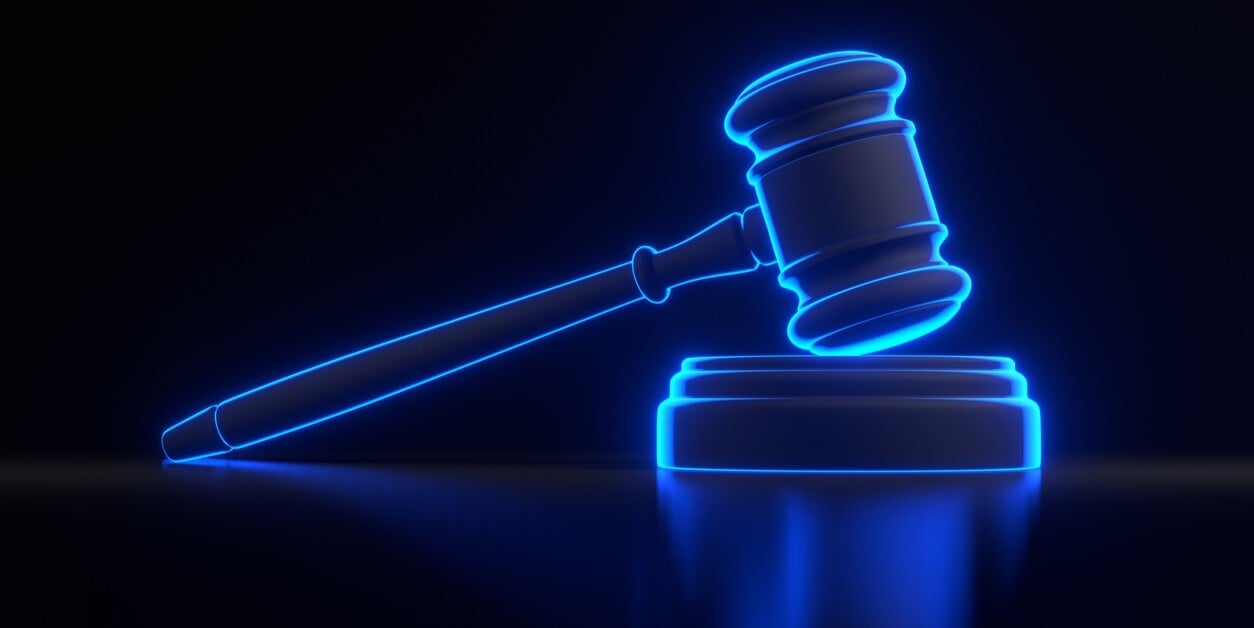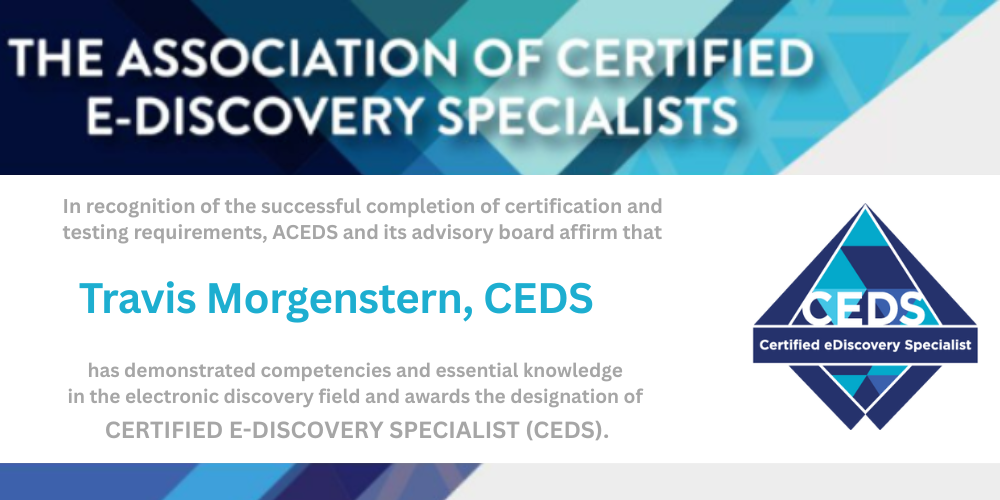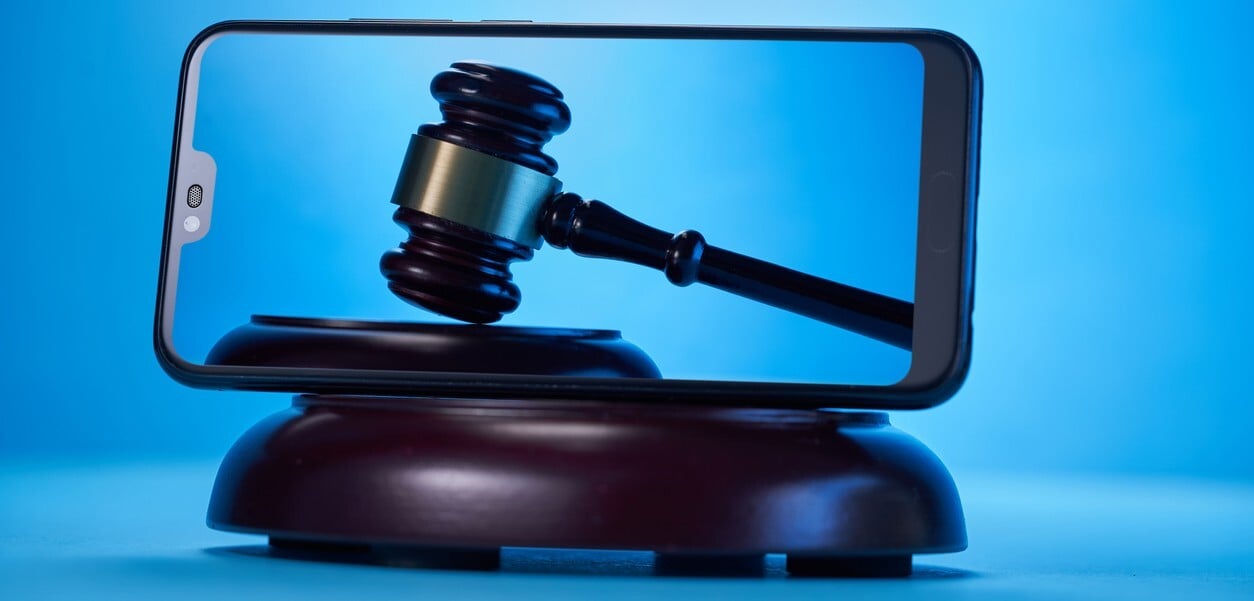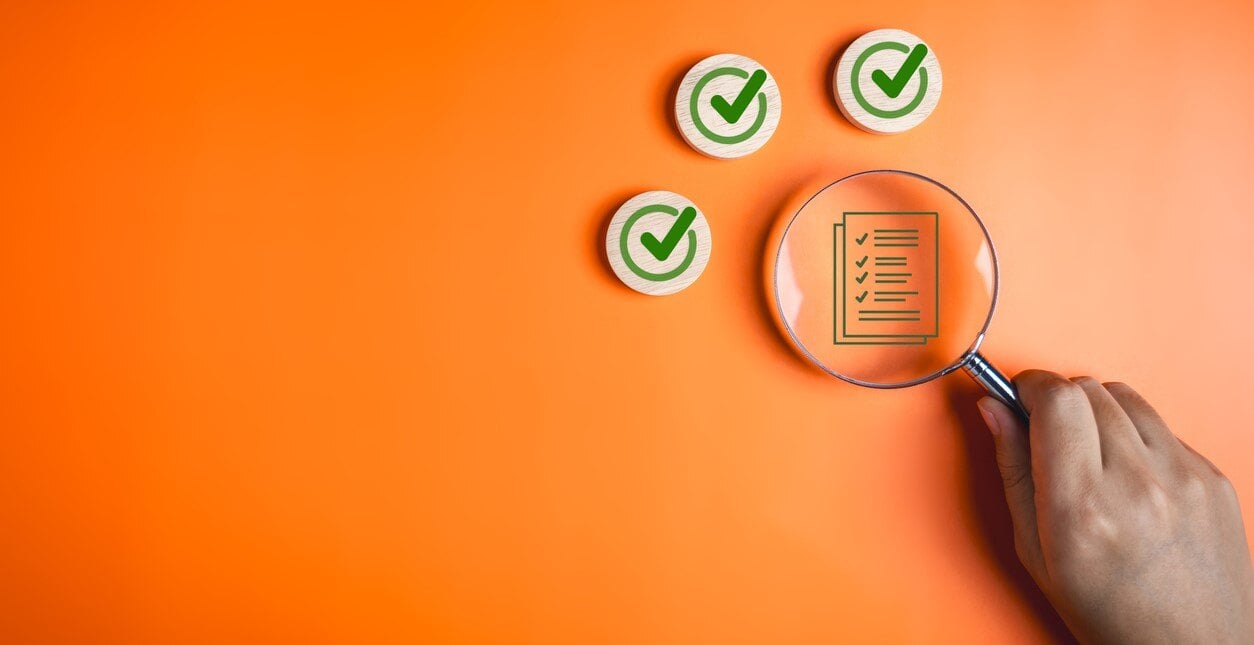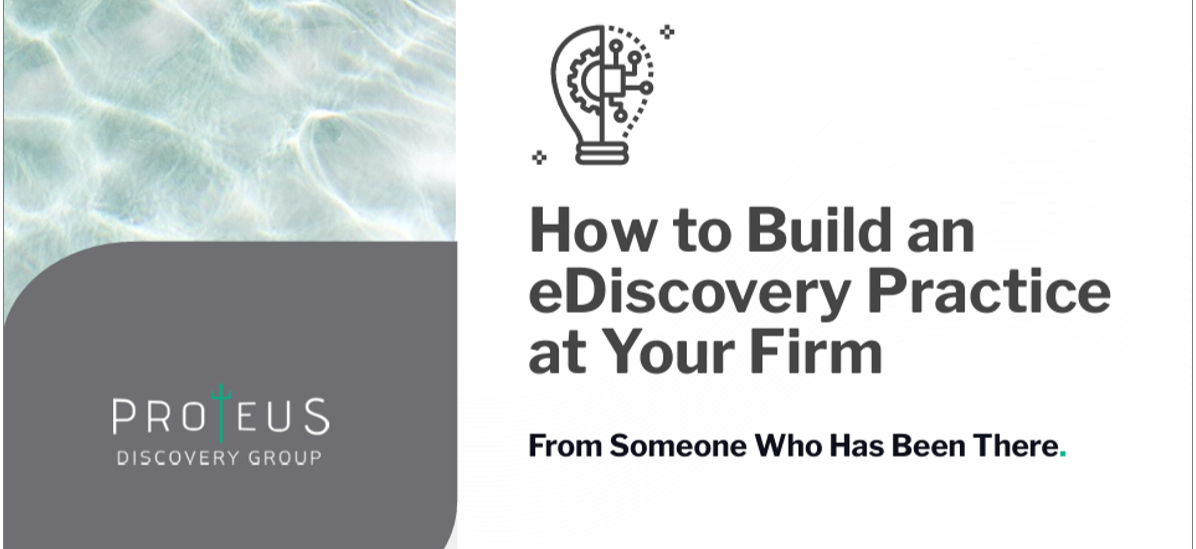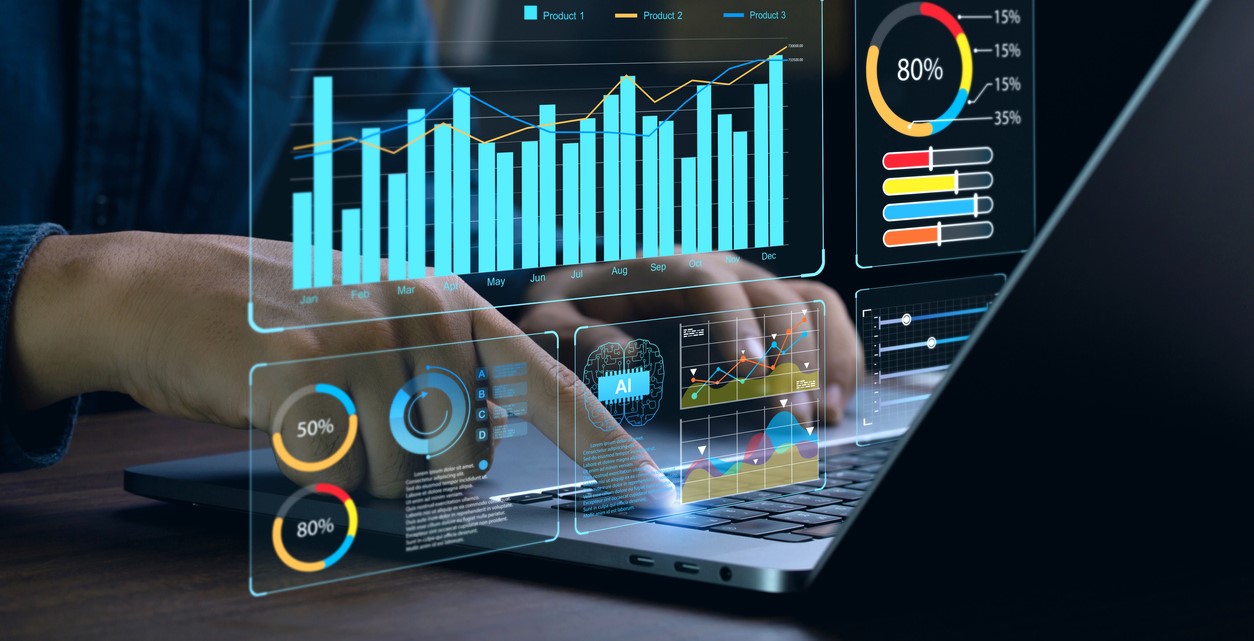If you work in litigation and haven’t dealt with eDiscovery yet, you either bill in a parallel universe or you’ve been very, very lucky. However, as digital data continues to multiply, even the smallest matters now involve some form of electronically stored information (ESI).
eDiscovery 101: So, You’ve Got Data in Your Lawsuit
Sep 9, 2025 10:00:00 AM / by Ray Biederman
My Path to the CEDS Certification (and How You Can Get There Too)
Jun 3, 2025 10:46:43 AM / by Travis Morgenstern
Like many professionals in eDiscovery, I believe that staying current and credible in this field requires more than just experience – it demands continuous learning, development, and validation. That’s why I set my sights on earning arguably the top eDiscovery certification available, the Certified E-Discovery Specialist (CEDS) credential from ACEDS last year.
Navigating the Complexities of Social Media Discovery
May 20, 2025 2:22:57 PM / by Matthew Bertsch
As digital communication evolves, social media platforms and short message data have become integral to modern litigation. Posts, comments, direct messages, and ephemeral content can serve as pivotal evidence, presenting unique legal and technical challenges in their collection, preservation, and review.
Navigating Construction Litigation: eDiscovery for Data Management & Cost Efficiency
Nov 20, 2024 10:15:11 AM / by Sean Burke
Litigation is a relatively common occurrence in the construction industry. Whether it’s related to disputes, delays, or mishaps, legal battles are an evergreen concern. And one significant challenge associated with construction litigation is the volume of data involved – specifically, electronically stored data (ESI).
When preparing the often vast amounts of ESI for litigation, utilizing technology can be essential. And legal teams have two options for support: in-house or outsourcing to a vendor partner. Oftentimes, when technology is needed, the only real answer is with outsourcing as most law firms and companies don’t have internal eDiscovery resources.
Building an In-House eDiscovery Practice at Your Law Firm
Oct 22, 2024 9:00:00 AM / by Jim Norman
eDiscovery continues to shape the landscape of litigation strategy and many law firms are looking into ways to create an internal eDiscovery practice – one that might help them gain a competitive advantage, while streamlining the litigation process. I recently wrote an eBook, “How to Build an eDiscovery Practice at Your Law Firm: From Someone Who Has Done it Before.” that gives a comprehensive overview of not only how to bring eDiscovery into your firm, but highlighting the opportunities for...
The Sunk Cost of eDiscovery (and How Corporate Legal Teams Can Avoid It)
Oct 8, 2024 9:00:00 AM / by Austin J. Hagen
Corporate legal teams often face significant financial challenges, particularly when preparing for litigation. One of the most pressing issues is the concept of “sunk costs” associated with eDiscovery.
Americans love social media - about 9% consider themselves to be an influencer! In January 2024, the Pew Research Center reported that 83% of American adults use YouTube, 68% use Facebook, and 47% use Instagram. Most users have accounts on multiple platforms and many actively create content.
That all adds up to a whole lot of potentially discoverable data.
Litigators and eDiscovery practitioners often face a common document review challenge when preparing for litigation – too many documents (and too little time to get through them). Linear review, that is, reviewing every document individually, is the most appropriate option in certain situations, but can often be complemented by predictive coding. This is a defensible way to create massive time and cost savings, preserving budget for merits counsel, not for eDiscovery and document review partners
Why Does Proteus Most Commonly Recommend RelativityOne?
Mar 7, 2024 9:26:25 AM / by Ryan Short
Our mission is to provide litigator-led eDiscovery, which means we approach every client with recommendations from the perspective of practicing attorneys. Each matter is unique – and we’re not in the business of shilling for any particular software provider.

